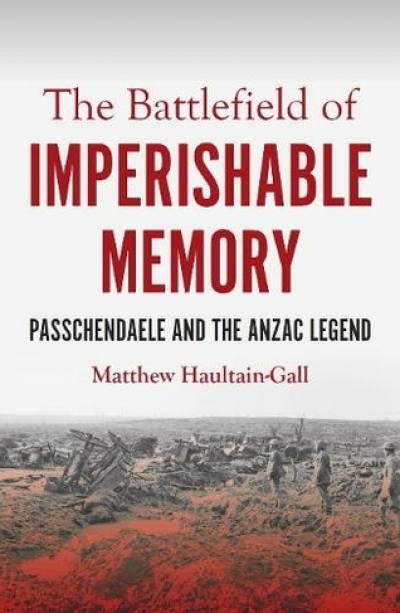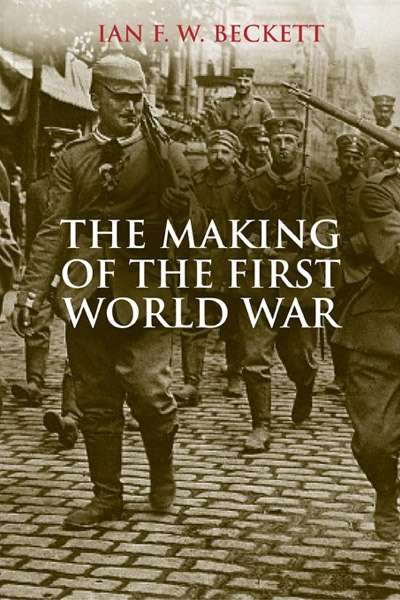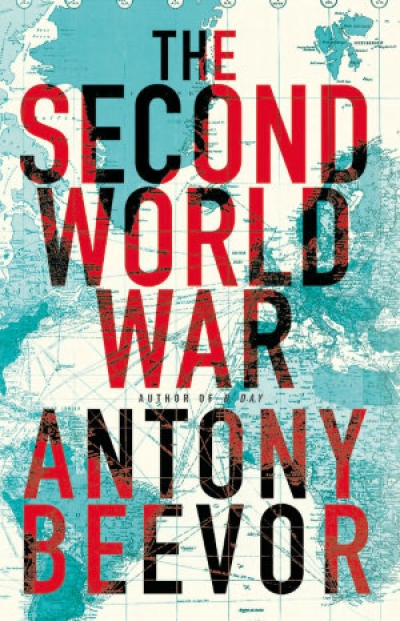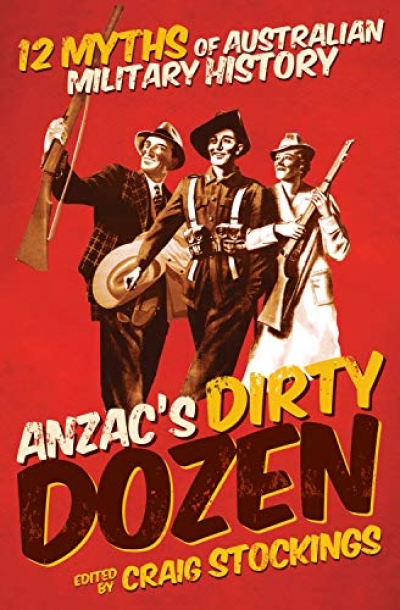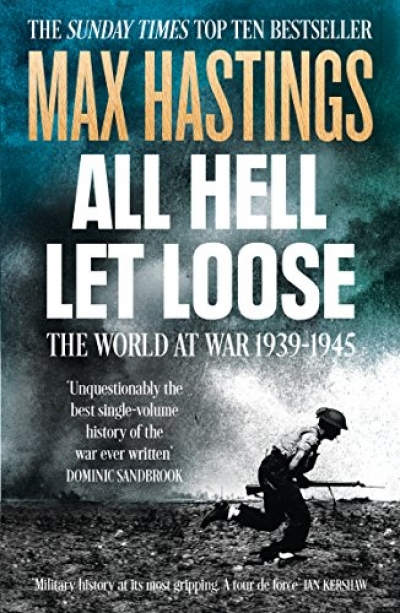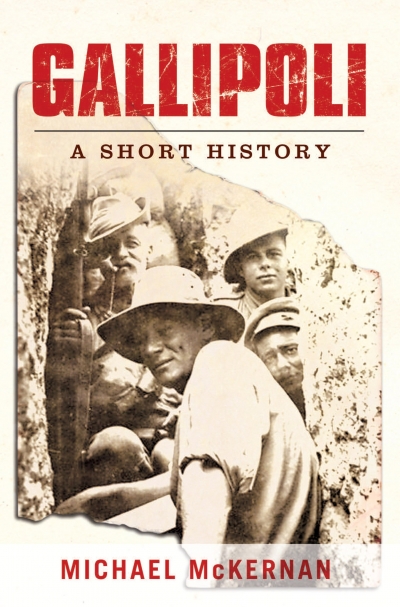Robin Prior

Robin Prior was born in rural South Australia. He studied at the University of Adelaide, completing a doctorate in 1979. He was an ARC Fellow at Adelaide for three years before taking a position with the University of New South Wales at the Australian Defence Force Academy. He was Head of the School of History from 1998 to 2004 and Foundation Head of the School of Humanities and Social Science from 2004 to 2007. He is now Visiting Professorial Fellow at the University of Adelaide. He has published widely on World War I: Command on the Western Front, Passchendaele: The Untold Story (1996) and The Somme (2005) with Trevor Wilson, and Churchill’s ‘World Crisis’ As History (1983) and Gallipoli (2009), as sole author. He is an editor of The Oxford Companion to Australian Military History (1995). He is working on a book on Britain in 1940.
In his introduction to this book, Richard Toye makes the startling but, as far as I know, accurate claim that this is the first book to offer a comprehensive analysis of Churchill’s wartime speeches. For a series of orations that now occupy many pages of any dictionary of quotations, The Roar of the Lion fills a surprising gap. Unfortunately, it does not fill it adequately.
... (read more)
The first thing to be said about this book is that no one associated with it seemed to know what to call it or how to describe its contents. The essays which make up the book are not in any sense about the ‘making’ of World War I. They do not describe either elements that ‘made’ World War I in the sense of causing it, or elements that caused World War I to play out the way it did. Even the ... (read more)
Too often histories of World War II either have ‘total’ in their title or make great play with total war as a concept. Essentially this is meaningless, because all that is meant by total war is big war. Antony Beevor mercifully does not call World War II ‘total’ or make any reference to total war.
... (read more)
This book is the second in a series compiled by a group of Canberra academics on the distortions they perceive to surround the writing of military history in this country. Before the book itself is tackled, a word should be said about the titles they have chosen for their two volumes. The first (published in 2010) is called Zombie Myths of Australian Military History; this one is entitled Anzac’ ... (read more)
It is a brave undertaking to write a single-volume history of World War II. As Max Hastings notes, we already have many good books in this category: Weinberg, A World At Arms: A Global History of World War II (1994); Calvocoressi, Wint, and Pritchard, Total War: The Causes and Courses of the Second World War (1989); Millett and Murray, A War To Be Won: Fighting the Second World War (2000); and Has ... (read more)
Michael McKernan states in his introduction to his short book on Gallipoli that he is dissatisfied with much writing on military history. He writes: ‘Military history is often presented as a thing of maps and statistics, a brutal narrative based on the deployments and motives of commanders with a score sheet of those who performed well and those who failed. In this book I have tried to go beyond ... (read more)
Empires are out of fashion. The idea of one people ruling over another has had its day. The mention of any empire – with the possible exception of the Roman one, for which people still have a certain fondness – will almost invariably meet with deprecating comments, even derision. The Dutch, the French, the Belgian, the German, the Russian (if it is even remembered that Russia had an empire), a ... (read more)

